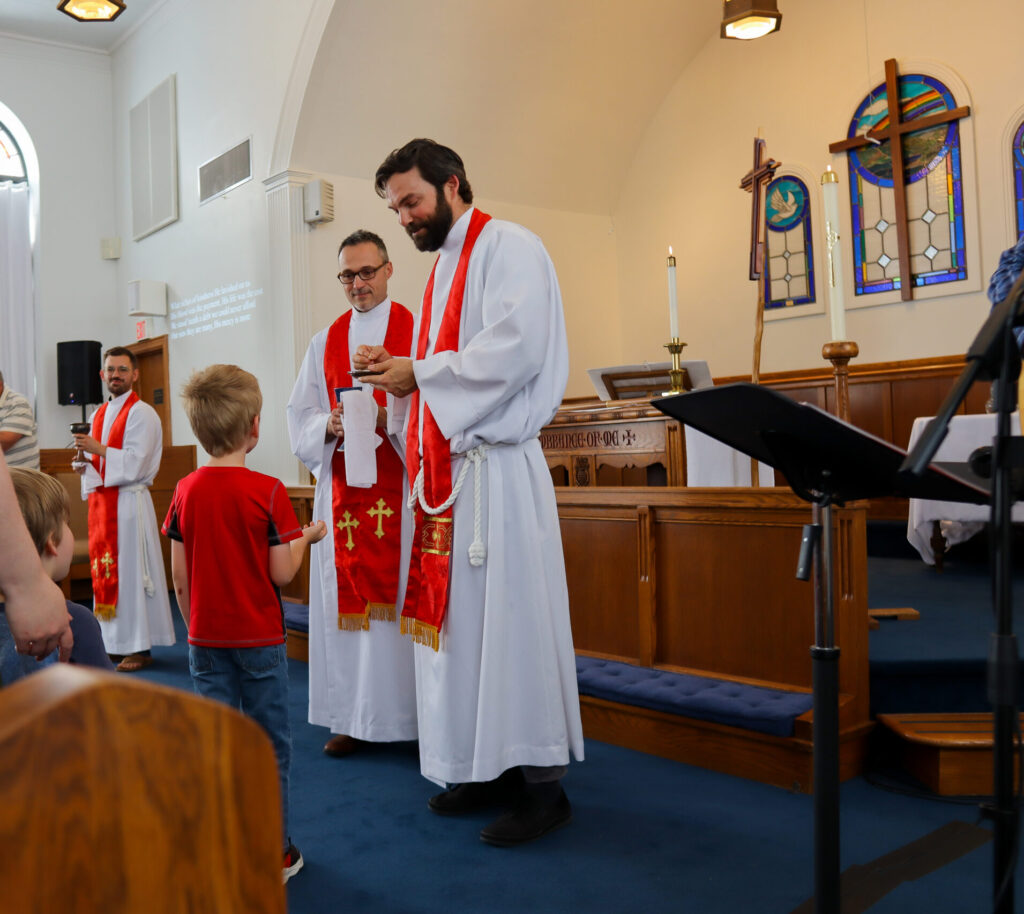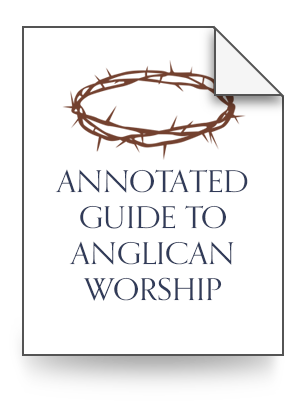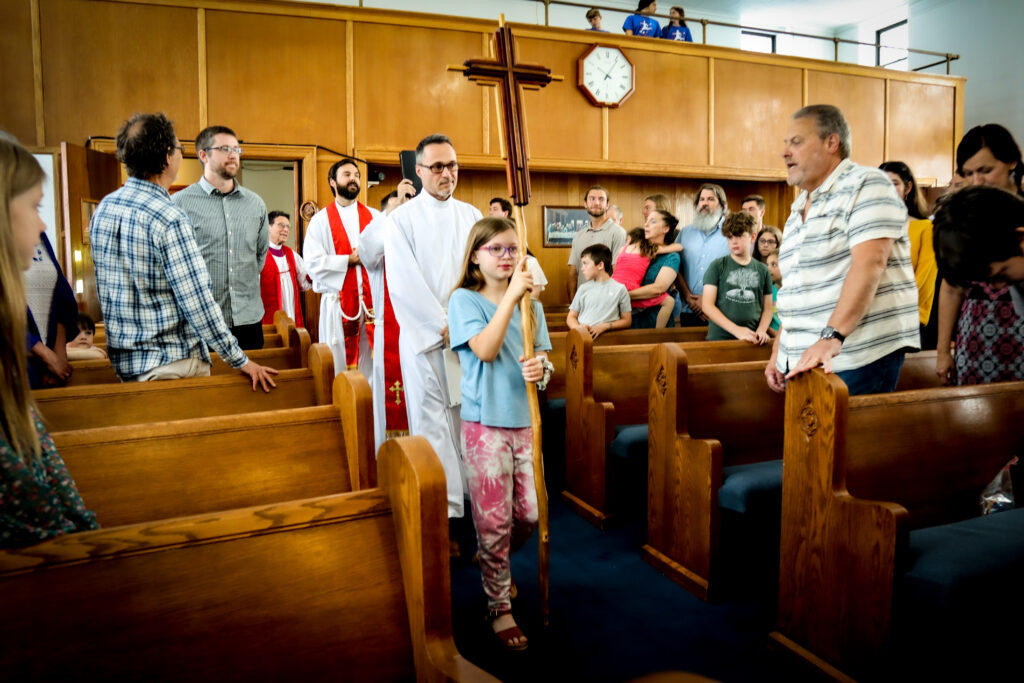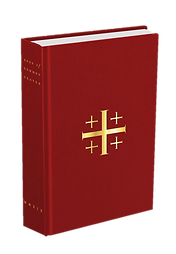Expect to be welcomed.


Yes, Anglican liturgy will be new to most of us… but Christ the King is a happy, holy, and hospitable place. You should expect kindness and welcome when you come. Every Sunday, we proclaim the year of God’s boundless hospitality, “Welcome!” We value hospitality.
Expect to find a place where every person in your family is valued.

Children are intimately involved in our life together as a church. They worship with us (our worship is child-friendly – we sing, we speak, we move, we all participate), they serve with us, they gather and pray with us, and they bless us with their presence.
Christ the King is more like a living room than a classroom. Most of the time, we are together – young and old – in the joyful and messy space of the home.
We provide nursery for our littlest kiddos, coloring sheets and boxes for young children, and we invite our older children to actively participate in worship every time we gather.
But the Church is not for families alone! We love and value those who are single, widowed, or who come by themselves for any reason. In Christ, we are not alone – we have countless mothers and fathers and brothers and sisters and children in the Church. Every generation and every stage of life is represented and welcomed at Christ the King.
Expect to see things that you’re not used to seeing every day.

There are many things that will be familiar about Anglican worship – pews, a pulpit, singing songs, among many other things. But there might also be some things that are new to you. For example…
Our altar party and clergy wear white robes (“albs”) on Sundays. While these clothes might make them stand out, the purpose of these garments is to emphasize the role, not the person (“it’s not about me”). There are several lay persons who participate in the altar party: carrying the cross or the Gospel, leading psalms and prayers, or serving at the table. Clergy also wear albs, and deacons (ones who serve in the midst of the people) wear a stole on one shoulder, while priests (pastors) wear a stole over both shoulders.
Anglican liturgy quickly becomes familiar. The familiarity of the liturgy gives our hearts and heads space to pay attention to the new songs and old hymns as we sing, to truly hear the Bible read and preached afresh each Sunday, and over time, as the liturgy becomes second nature, all of the externals of gathered worship fade into the background, allowing our attention to be drawn heavenward in worship of God.
Expect to worship Jesus.
At the end of the day, what are we all about? The point of Anglican worship isn’t about all of the stuff – if what we do doesn’t lead us to worship God, then we’ve missed the point.
The first word of our mission statement at Christ the King is worship… “Worship the King, around the table, for the life of the world.” That’s our aim – worship Jesus – that’s what we do.
“Christians don’t go to church to be entertained… They go to use the service, or, if you prefer, to enact it… [liturgy] works best – when, through long familiarity, we don’t have to think about it… The perfect church service would be one we were almost unaware of; our attention would have been on God… thinking about worship is a different thing from worshipping.”
C. S. Lewis, Letters to Malcolm Chiefly on Prayer
We invite you to come, to believe, to worship Jesus with us.
Expect liturgy (by the Book).

We worship according to an ancient liturgy in our Book of Common Prayer (BCP). Anglican theologian J. I. Packer described our BCP as “the Bible orchestrated for worship.” The Bible (the Book!) is the central source of our knowledge of God, and our Prayer Book is quite simply the Bible arranged for public and private worship.

More than 90 percent of the text in the Book of Common Prayer 2019 is directly quoted from Scripture, and the rest of it includes prayers and songs that have been used by Christians for fifteen hundred years. Download the BCP for free.
Our liturgy every Sunday (p. 123 of the BCP) is about Jesus – we sing about Jesus, we read about Jesus in Holy Scripture (we have an Old Testament reading, a psalm, a New Testament reading, and a Gospel reading every Sunday), and we preach Jesus – He is the Word we need. And climactically, every Sunday, we receive the Word in the Sacrament of the Lord’s Supper.
